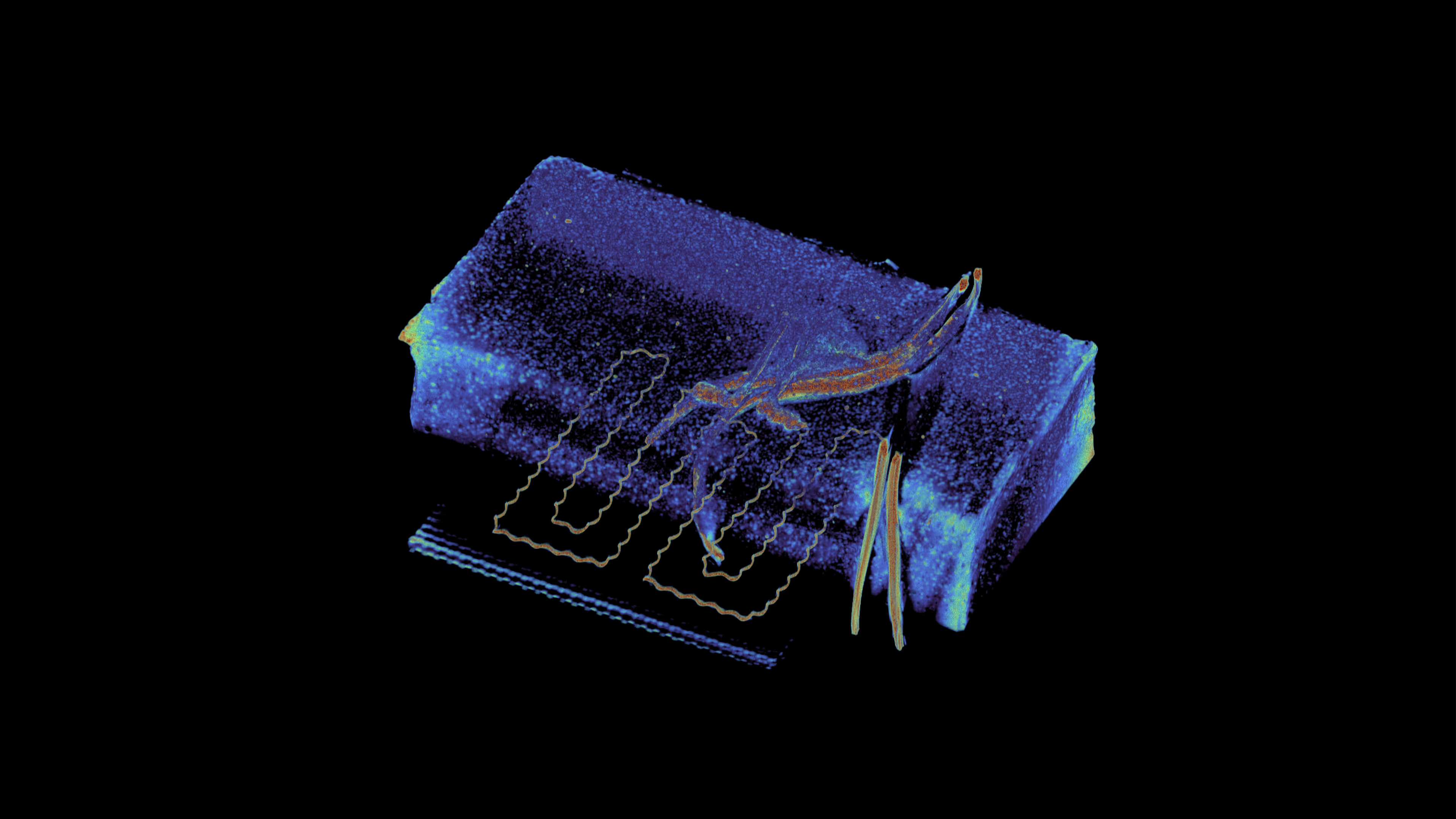Team
Marcelo Coelho
Jacob Payne
Jean-Baptiste Labrune
Special thanks:
Geopolymer International
Lumafield
Formlabs
MIT Architecture
MIT Morningside Academy for Design
Consumer electronics rely heavily on materials that are often resource-intensive, high in carbon emissions, and difficult to recycle. As the demand for embedded computing grows, so does the need for sustainable alternatives that can support electronic functionality while reducing environmental impact.
Geolectric is a design and research project addressing this challenge by advancing the formulation and application of geopolymers—a class of inorganic materials that form covalently bonded, non-crystalline networks. Unlike traditional ceramics, geopolymers do not require high-temperature firing, allowing electronic components to be seamlessly embedded during fabrication. With properties similar to ceramics but a significantly lower carbon footprint, geopolymers present a sustainable alternative for consumer electronics, product design, and architecture. Their low-temperature synthesis, use of locally available raw materials, and electrical properties enable whole new applications in embedded computing, by combining the rich material experience of ceramics with interaction technologies.

Geolectric Lantern with embedded touch sensors.

CT scan of geopolymer and electronics embedding.

Exploded diagram of Geolectric Lantern.


